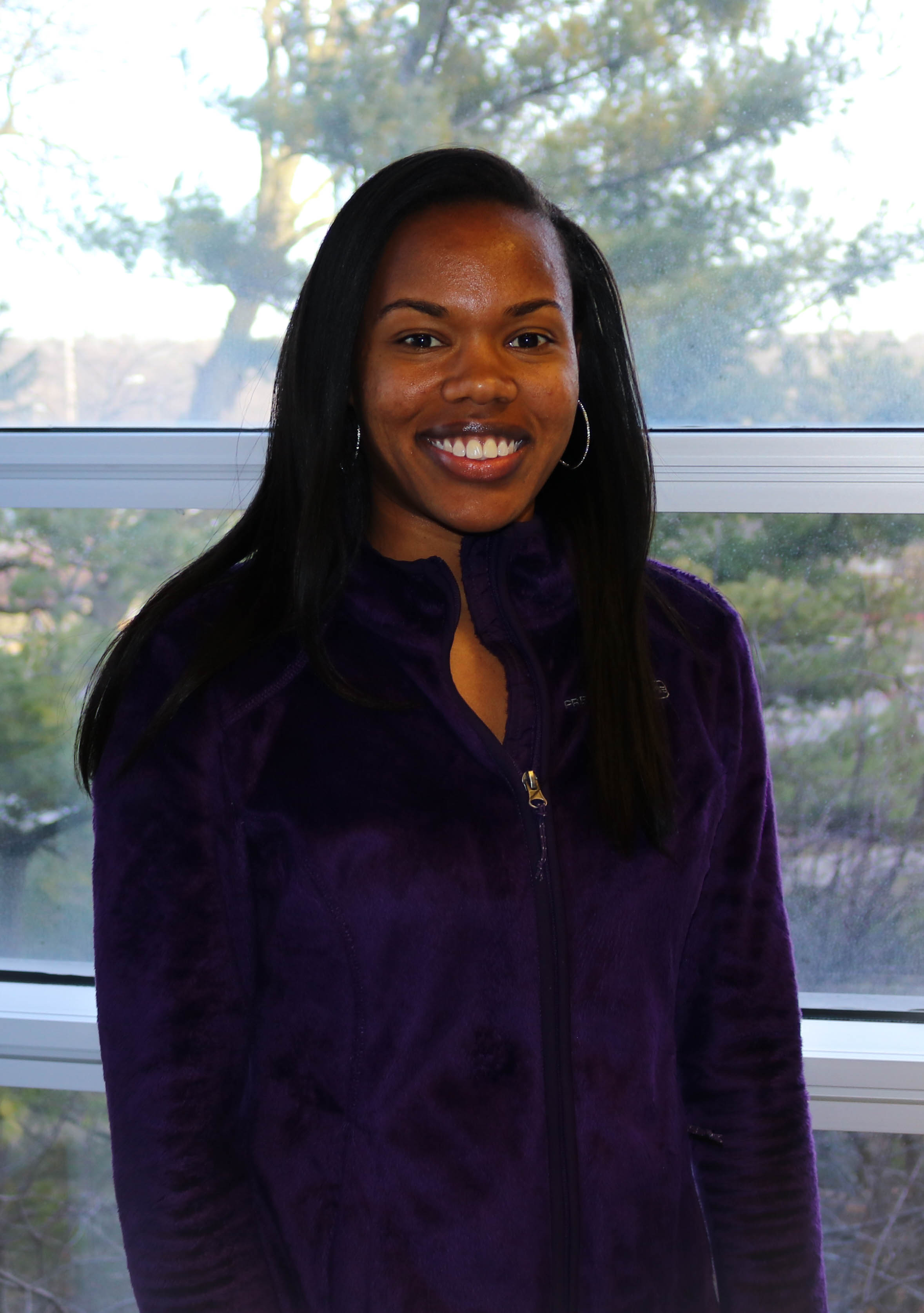Randall Paul Cass, bee extension specialist at Iowa State, will discuss the primary stressors honeybees face in the agricultural landscape and share practices which beekeepers, farmers, and landowners can do to help bees thrive and continue to contribute to the agricultural and natural ecosystems in Iowa.
Continue readingIowa Learning Farms Bioreactor and Cover Crop Field Day
Join us to learn more about how bioreactors work through the demonstration of the Conservation On The Edge trailer and a site visit to Ron’s bioreactor installed in 2022. Ron will share his experience with the bioreactor, as well as how he has been able to incorporate cover crops into his system.
Continue readingConservation on Tap
The event will provide local farmers, landowners and urban residents with a chance to discuss and ask questions. There will be an opportunity for networking following the event.
Continue readingIowa Learning Farms Relay Intercropping Field Day
Iowa Learning Farms will host a relay intercropping field day on Thursday, June 1 from 10:30 a.m. to 12:30 p.m. at Jason Russell’s Farm near Monticello. The free event is open to farmers and landowners and includes a complimentary meal.
Continue readingWhy Do Iowa Farmers Grow Corn?
Modern corn culture came to Iowa with the settlers that moved across the United States. Farmers, hopscotching westward to Indiana, Illinois and Iowa from the valleys of Ohio, Kentucky, and Tennessee, brought the agriculture of the Upland South with them- Dent corn and hogs.
Continue reading2018 Practical Farmers of Iowa Annual Conference
Post submitted by Tianna Griffin, the Iowa Water Center’s Special Projects Assistant
Practical Farmers of Iowa (PFI) 2018 Annual Conference was an event that brought families, farmers and professionals together to learn and meet new people. It was my first time attending a conference and it won’t be my last.
The event was from January 18-20th and there were approximately 1,000 people who attended. This conference opens the opportunity for students, farmers, professors, and professionals in natural sciences to come together to learn new things and network. The conference theme was “Revival.” As the conference program stated, “At Practical Farmers, we believe that revival – of rural communities; of our soil, creeks and rivers; of opportunities for young people to set down roots where they grew up – is vital for agriculture, people and the land.” The topics presented, and the overall dynamics of the event exceeded my expectations. I didn’t know what to expect attending a conference; there were more people there than I expected, it was a family oriented event, and the set-up was conducive to interacting with others.
The event was filled with friendly and professional people. I saw many familiar and new faces. There was a wide variety of exhibitors to network with who specialized in animal feed, tillage practices, organic production, and many more. A silent auction was held, and sessions to attend ranging from, “Teaching Livestock to Eat Weeds,” “Pragmatic Approaches to Sustainability and Profitability,” “Leaving Your Legacy,” and many more. There were two sessions on Friday, and five sessions on Saturday that were 70 minutes long. The presenters were a diverse set of people who were farmers that grow row crops as well as horticultural crops. There were ISU professors, as well as professionals who had expertise in certain areas of agriculture. This was the most impressive aspect of the conference because it allowed for a variety of available sessions. It allowed me to step out of my comfort zone of attending more than just topics on horticulture crops (which is my academic minor) and attend sessions that I otherwise wouldn’t have had the opportunity to attend.
Some sessions that I attended and enjoyed were “Ecology and Management of Iowa’s Common Vegetable Insect Pests” presented by Dr. Donald Lewis who is an ISU entomologist, “Learning from On-Farm Research: Horticulture,” presented by Carmen Black, Rob Faux, and Liz Kolbe. Black and Faux are growers who practice on-farm research. Lastly, “Using Tea Bags to Assess Soil: A Low-Cost Approach?” presented by Marshall McDaniel who is an assistant professor at ISU in agronomy. I learned many new things by attending the conference as well as got a refresher on things of which I already had knowledge. There were so many good topics being presented that I didn’t know what to choose.
I enjoyed going to the PFI Annual Conference. It was a successful event because they represent people with different backgrounds of expertise; professionals and families attended the event. Because there’s a variety of different speakers it allows for the opportunity to learn new things and meet new people. Events like the PFI Annual Conference makes the possibility of their conference theme “Revival” come true by bringing farmers and town people together. According to PFI’s conference website, by “Revival,” PFI envisions repopulating rural areas with farmers, regenerating Iowa soils by diversifying crop rotations, rejuvenating creeks and rivers, and opening opportunities for the next generation of farmers.
 Tianna Griffin is Iowa Water Center’s Special Projects Assistant. She is pursuing an undergraduate degree in agronomy with emphasis in agroecology and minoring in horticulture with an emphasis in fruit and vegetable production.
Tianna Griffin is Iowa Water Center’s Special Projects Assistant. She is pursuing an undergraduate degree in agronomy with emphasis in agroecology and minoring in horticulture with an emphasis in fruit and vegetable production.